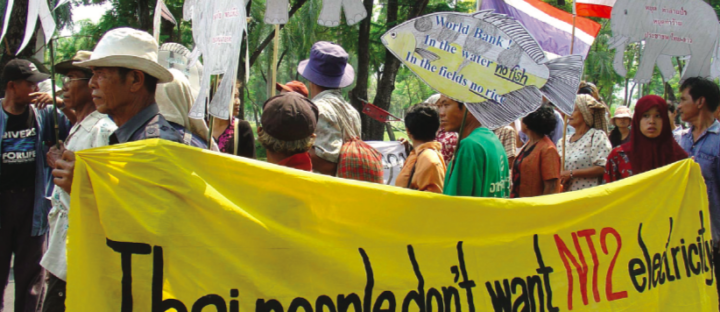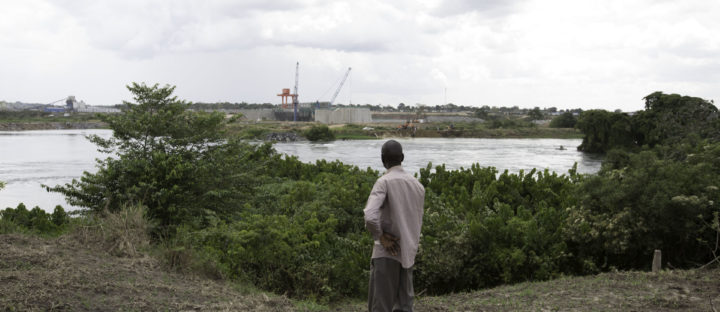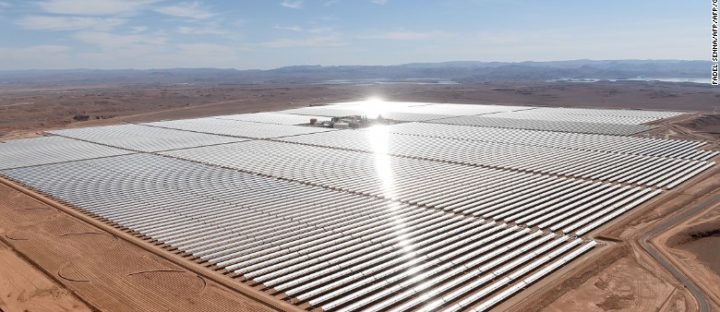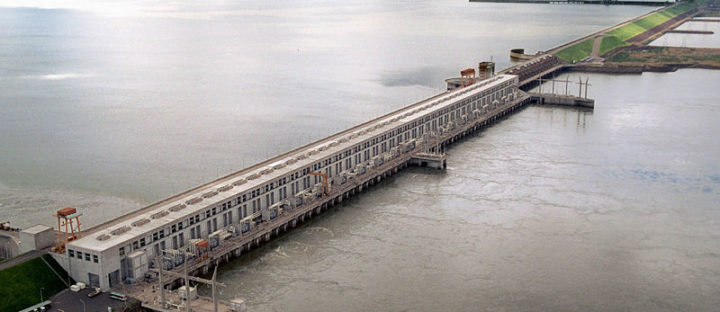By: 276 civil society organizations On behalf of 276 civil society organizations from around the world, we are calling upon the Climate Bonds Initiative (CBI) to abandon the certification of destructive hydropower projects as climate-friendly. The proposed hydropower criteria developed by CBI and its technical working group fall far short of acceptable standards and practice, and…
Read MoreSTATEMENT | It’s Time for the African Development Bank to Pull the Plug on the Inga 3 Dam
By: Africa Program On the occasion of the visit of African Development Bank (AfDB) President Akinwumi Adesina to the Democratic Republic of Congo (DRC), International Rivers calls on the institution to withdraw its support from the Inga 3 Dam. President Adesina was scheduled to visit the Inga site on Wednesday, June 19 as part of…
Read MoreWorld Bank Reneges on Its Promise to Protect Key Biodiversity Site on Uganda’s White Nile
By: Josh Klemm, Policy Director Last month, after a long-running saga, the World Bank signed away its legal obligation to protect Uganda’s Kalagala Falls, a site of immense spiritual and biodiversity value near the headwaters of the Nile River. By granting Ugandan authorities permission to flood Kalagala, the Bank has harmed thousands of local people…
Read MoreCan the World Bank Lead by Example in Moving Away from Large Dams?
Since his election in 2012, World Bank President Jim Kim has trumpeted the Bank’s return to large hydropower including so-called “transformational” mega-dams. Kim himself championed the controversial Inga 3 Dam, the first phase of an extremely ambitious suite of dams envisioned on the Congo River. This marked a new chapter in the Bank’s support for…
Read MoreLarge Dams Are Uneconomic, Scientific Study Finds
By: Peter Bosshard, former Executive Director “We find that even before accounting for negative impacts on human society and environment, the actual construction costs of large dams are too high to yield a positive return,” a new report states. “Large dams also take inordinately long periods of time to get built, making them ineffective in resolving urgent energy…
Read More




